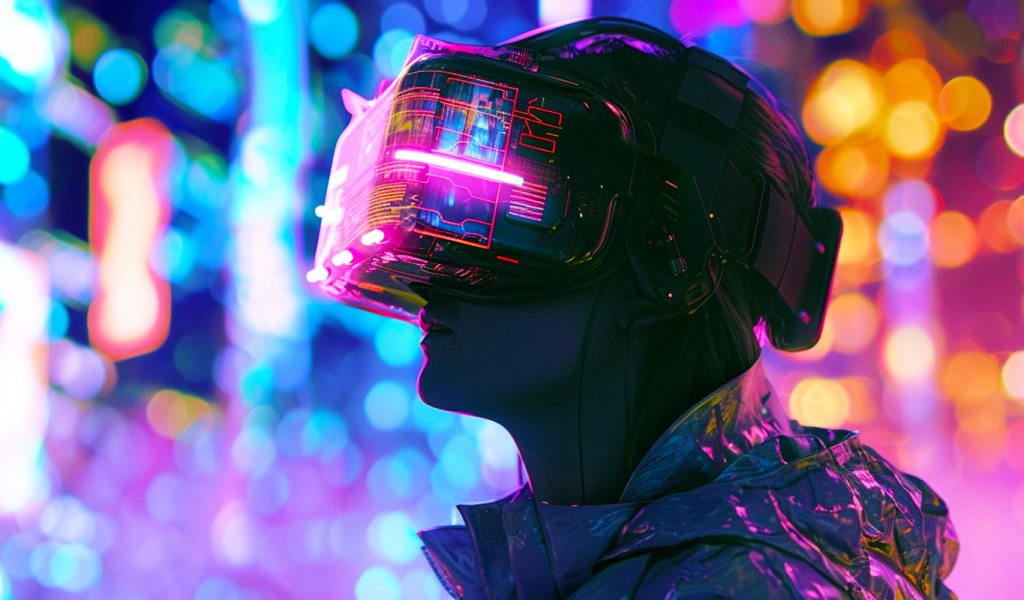
Aave and Similar Projects Could Be Safe From SEC Clampdown, Says Coin Bureau Host – Here’s Why
A popular analyst known for his deep-dive research is exploring how looming regulation might impact the crypto industry.
In a new strategy session, the Coin Bureau host known as Guy tells his 2.09 million YouTube subscribers about which factors the U.S. Securities and Exchange Commission (SEC) might use to determine if a digital asset ought to be classified as a security.
Guy first mentions a recent lawsuit against a former Coinbase product manager alleging insider trading.
“Based on the SEC’s recent complaint, the following criteria could put a crypto project at risk of a regulatory crackdown.
First, being based in the United States. Five of the nine cryptocurrencies the SEC classified as securities are based in the US which puts them within arm’s reach of the regulator.
This makes sense, given that one of the SEC’s main motivations is arguably to make as much money as it can from the crypto industry in the form of fines. Fines are a lot easier to issue to domestic entities.”
The analyst also believes that crypto projects that participate in an initial coin offering (ICO) are likely to face government scrutiny.
“Conducting an ICO, especially an ICO where the founders and or team retain a significant amount of the token’s initial or future supply.
This isn’t such a bad thing, as many will know that too much control of the token supply by the team is a point of centralization that should be considered a red flag in your due diligence anyway.”
Guy says that projects which go public before completion might be seen as potential targets by the SEC, but notes a possible Catch-22 situation for project developers that instead seek funding after doing all the work.
“An incomplete platform or protocol – clearly the SEC doesn’t like crypto projects raising money before anything has been built. But once everything has been built there’s less reason to raise money.
As such, it’s going to be interesting to see what the SEC thinks about retroactive public goods funding wherein crypto companies and developers are paid by the crypto community long after the crypto projects have been completed.”
The fourth red flag on Guy’s radar is team members making public statements about the project’s potential to increase in value.
“Any statements made by the company or team that could suggest that the coin or token could appreciate in price at some point in the future.
This includes social media posts, blog posts, and especially what’s said in the whitepaper. Even retweets are enough to attract the SEC’s attention.
This is why it’s so important to watch interviews with the founders as part of your research.”
Another area of concern is projects which claim to run democratically via a decentralized autonomous organization (DAO) actually being reliant upon or influenced by a small percentage of members holding a disproportionate amount of tokens.
“The involvement of a centralized entity in the project’s development and management, be it directly or indirectly via voting power in a DAO, even if the team doesn’t hold the majority voting power in said DAO. The team or company should also not be mentioned in the whitepaper.
If I’m correct about this criterion, then a lot of crypto projects are at risk because Chainalysis recently found that the voting power in most DAOs is heavily concentrated among a handful of token holders.”
The final regulatory vulnerability on Guy’s radar affects liquidity mining in the decentralized finance (DeFi) space. He notes that while the DFX Finance (DFX) project’s explicit terms seemed to have provoked the SEC to designate it as a security, lending and borrowing protocol Aave (AAVE) might avoid such stringent regulatory action.
“The issuance of tokens as part of liquidity mining programs. This final criterion isn’t exactly clear, and it may have been unique to DFX Finance given that the team was explicit about the DFX token’s future appreciation if people provided liquidity to the protocol.
So long as this isn’t something advertised by DeFi protocols with liquidity mining programs they may be safe from the SEC but based on SEC Commissioner Hester Peirce’s comments.
Only the most decentralized DeFi protocols will survive the SEC scourge. An example of this could be a project like Aave.”
Guy recently discussed Aave during an in-depth analysis of the DeFi space.
I
Don’t Miss a Beat – Subscribe to get crypto email alerts delivered directly to your inbox
Check Price Action
Follow us on Twitter, Facebook and Telegram
Surf The Daily Hodl Mix
 

Disclaimer: Opinions expressed at The Daily Hodl are not investment advice. Investors should do their due diligence before making any high-risk investments in Bitcoin, cryptocurrency or digital assets. Please be advised that your transfers and trades are at your own risk, and any loses you may incur are your responsibility. The Daily Hodl does not recommend the buying or selling of any cryptocurrencies or digital assets, nor is The Daily Hodl an investment advisor. Please note that The Daily Hodl participates in affiliate marketing.
Featured Image: Shutterstock/eliahinsomnia
The post Aave and Similar Projects Could Be Safe From SEC Clampdown, Says Coin Bureau Host – Here’s Why appeared first on The Daily Hodl.
Go to Source
Author: Daily Hodl Staff









